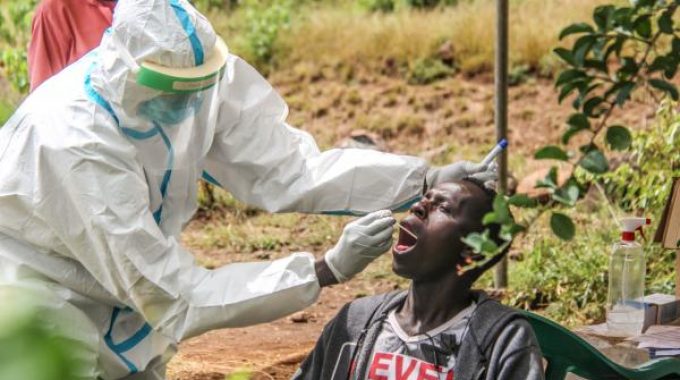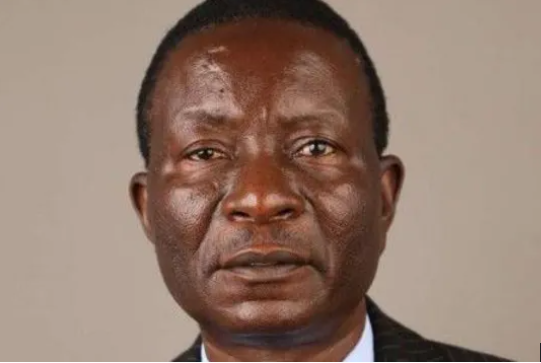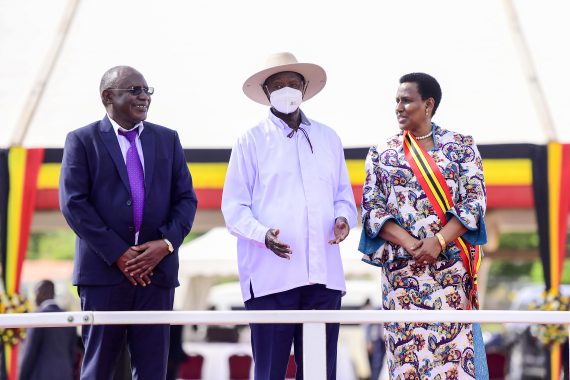The International Monetary Fund (IMF) has finally approved a US$1 billion,36 trillion shilling loan to boost Uganda in the covid 19 fight.
The loan was approved on Monday the 28th June 2021to help support the post-COVID-19 recovery and the authorities’ plan to increase households’ incomes and inclusive growth by fostering private sector development.
IMF says US$258 million will be released immediately to help support the country’s budget.
The Executive Board of the IMF approved a 36-month arrangement under the Extended Credit Facility (ECF) for Uganda.
According to the IMF ,Uganda’s economy was hit hard by the COVID-19 crisis and the outlook remains highly uncertain, with risks tilted to the downside, including from a resurgence of tighter containment measures linked to higher COVID-19 positivity rates.
“Uganda’s economy has been severely impacted by the COVID-19 global pandemic, which reversed decade-long gains in poverty alleviation and opened up fiscal and external financing gaps. The authorities’ program, supported by a new arrangement under the Extended Credit Facility, focuses on keeping public debt on a sustainable path while improving the composition of spending and advancing structural reforms to create space to finance private investment, foster growth and reduce poverty,” said the Deputy Managing Director and Acting Chair, Tao Zhang in a statement.
IMF explains that the loan will help create a revenue base to fund some efforts that affected by the pandemic.
“Fiscal consolidation, appropriately based on both revenue and expenditure measures during the first year of the authorities’ program, seeks to stabilize the public debt ratio while increasing social spending, including for vaccines. The implementation of the authorities’ Domestic Revenue Mobilization Strategy, better management of public investment, control of domestic arrears and advances in cash management will support the fiscal strategy,” said Tao Zhang, the IMF Deputy Managing Director.
Uganda is still paying a loan of $491.5 million, Shs 1.7 trillion under the Rapid Credit Facility, which was borrowed in 2020 for rapid and concessional financial assistance to low-income countries facing urgent balance of payments needs.

















